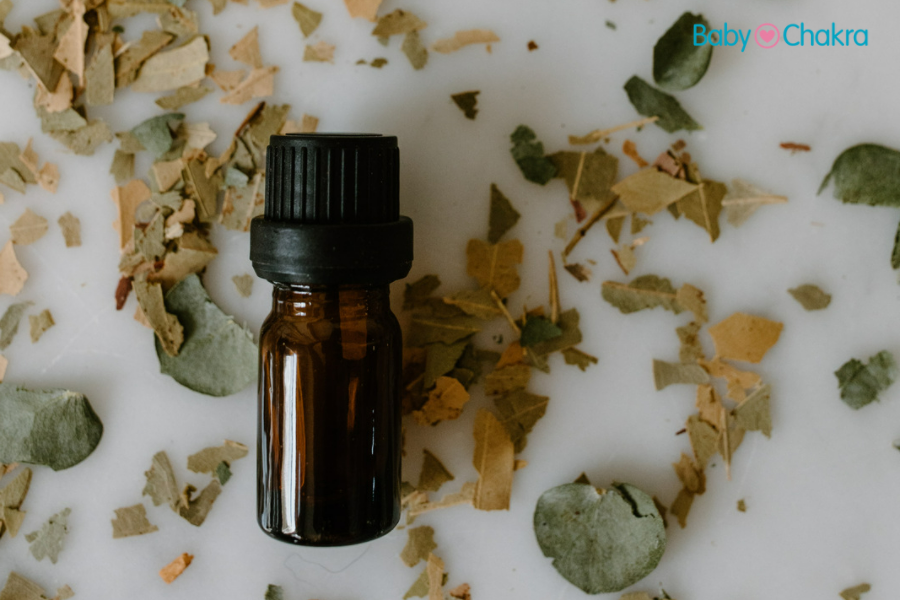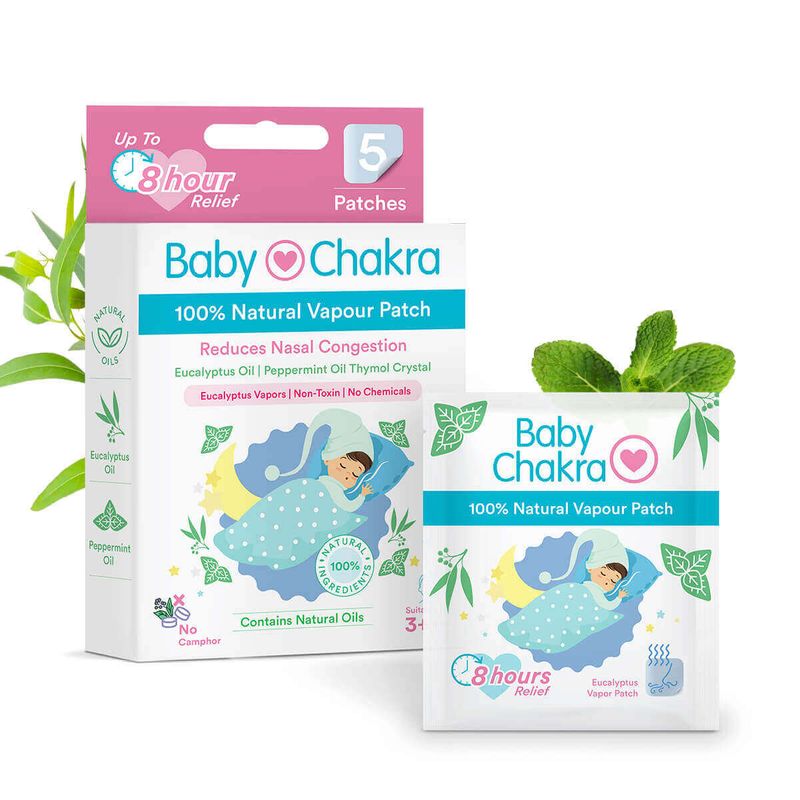
Eucalyptus Oil Can Help Safely Guard Against Respiratory Problems
20 May 2022 | 3 min Read
Sayani Basu
Author | 607 Articles
Native to Australia, eucalyptus is a fast-growing evergreen tree and the healing power comes from eucalyptus oil that is made from the tree’s oval-shaped leaves. After the leaves are dried, they are crushed and distilled to release the essential oil. The plants have an essential oil content of 0.5‐3.5%.
After the oil has been extracted, it is diluted before being used as medicine. As an ingredient in many products, it is also used to reduce symptoms of coughs, colds, and congestion and guards against respiratory problems. Here’s how.
What Is Eucalyptus Oil?
Eucalyptus oil is also known as Nilgiri oil. It is a colourless liquid and has a strong woody smell.
The oil blends well with many other essential oils such as thyme, rosemary, marjoram, lavender and cedar wood to make wonders.
Today, some over-the-counter cough medications have eucalyptus oil as one of their key ingredients. For instance, Vicks VapoRub contains about 1.2% eucalyptus oil along with other cough suppressant ingredients.
How Does Eucalyptus Oil Guard Against Respiratory Problems?
Eucalyptus oil is anti-bacterial, anti-microbial, anti-inflammatory and decongestant in nature and is used for treating several respiratory problems such as cold, sore throat, asthma, nasal congestion, bronchitis and sinusitis.
It can be used to calm your baby’s cough in several ways. Just add a few drops of eucalyptus oil to one ounce of carrier oil and rub the mixture onto the chest and throat. You can also dilute eucalyptus oil in boiling water so that your little one can inhale the steam.
If your baby has a sore throat, you can also let him/ her gargle with eucalyptus oil mixed with warm water to get relief.
Eucalyptus oil is also beneficial for asthma patients to a large extent.
It calms the throat and allows more oxygen into the lungs and thus restores normal breathing. It also helps to reduce the inflammation in the upper chest areas when rubbed on the chest.
According to research, the oil fights respiratory infections by killing bacteria, viruses, and fungi. That is why it is found in saline nasal wash. It also causes the tiny hair-like filaments in the lungs (cilia) that sweep out mucus and debris from the airways to move faster.
Research also shows that its antimicrobial activity was tested against seven bacterial isolates (individual bacteria strains) in a disc diffusion and microbroth solution. Species E. bicostata had the best antiviral activity.
Eucalyptus oil relieves cough symptoms from the common cold or flu.
It also helps to control sinusitis. It opens up the nasal passage for proper breathing and relieves a fluffy and blocked nose.
Eucalyptus oil also soothes your baby’s headache and has antiviral and antimicrobial properties, safely guarding against respiratory problems.
Inhaling vapour made with the eucalyptus oil can loosen mucus so that when your little one coughs, it’s expelled. Therefore, mums can opt for natural vapour patches that not only contain eucalyptus oil but are also easy to use for a baby and does not get applied directly on their skin. It also helps if these are dermatologically tested.
No more struggle of putting greasy balms or low-effect sprays when your little one gets nasal congestion. Get one and thank us later!
A


Suggestions offered by doctors on BabyChakra are of advisory nature i.e., for educational and informational purposes only. Content posted on, created for, or compiled by BabyChakra is not intended or designed to replace your doctor's independent judgment about any symptom, condition, or the appropriateness or risks of a procedure or treatment for a given person.

